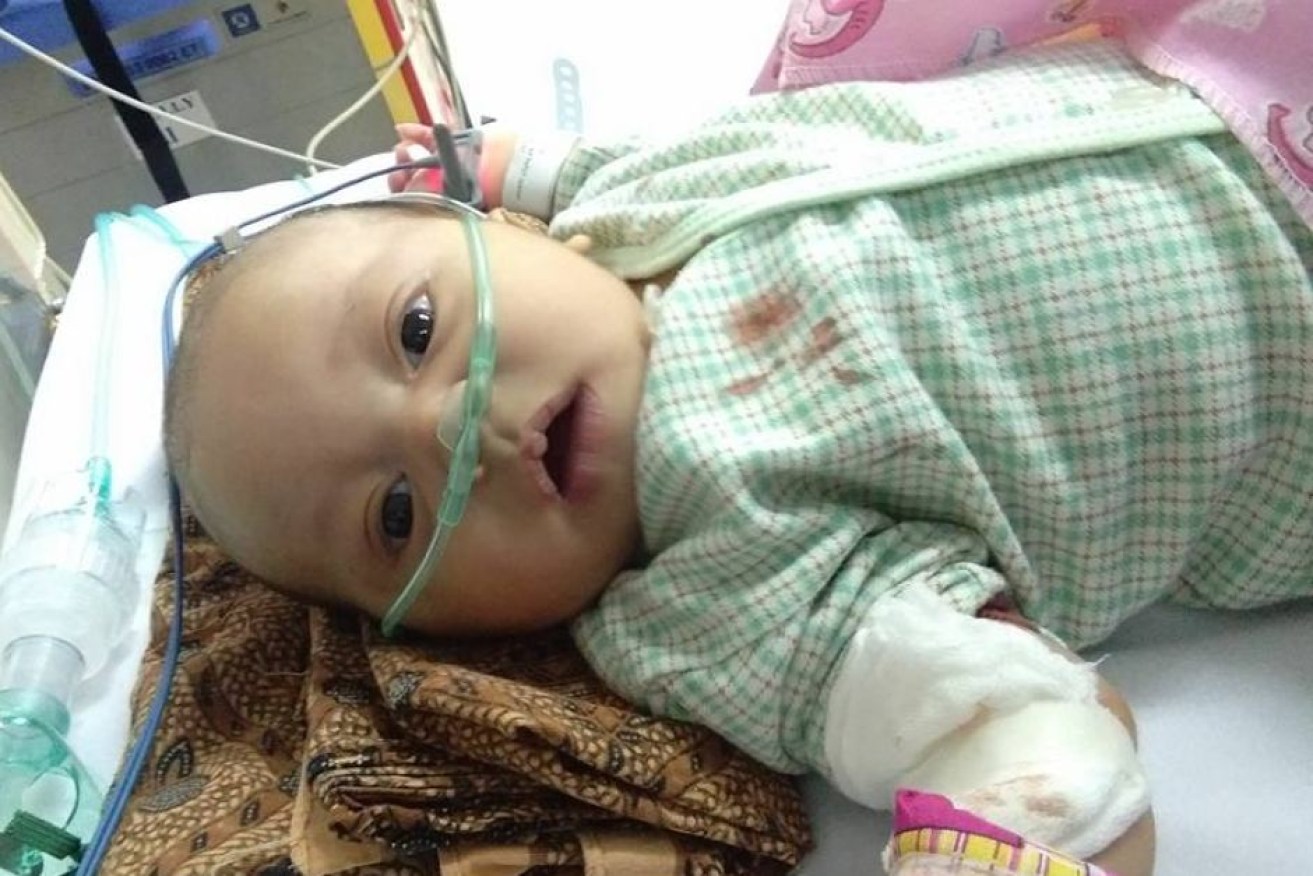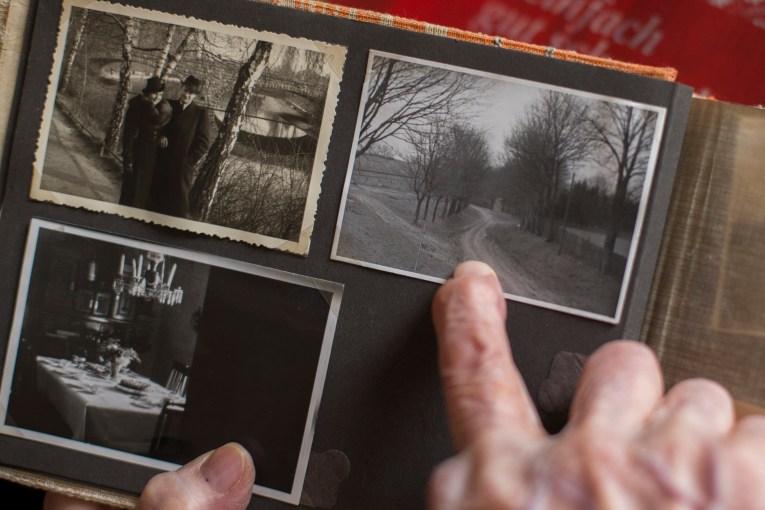Baby’s death sparks call for Indonesia to crack down on big tobacco

Baby Muhammad Hafizh's parents believe cigarette smoke caused a rapid decline in his health. Photo: Supplied/ABC
A young Indonesian couple who believe cigarettes killed their baby son want the country’s government to shut down the nation’s powerful tobacco industry.
One-month-old Muhammad Hafizh died of pneumonia after breathing in second-hand cigarette smoke at a family function.
His parents said they had no idea such a short exposure could be fatal.
“I hope the government will shut down the cigarette manufacturers,” Hafizh’s mother Fitria Lestari said.
“Cigarettes here are worse than narcotics – but narcotics only kills the user, while cigarette addicts kill the people around them.”
Hafizh was exposed to cigarette smoke at a party to celebrate the new baby.
“Cigarettes were the culprit,” the baby’s father Hegidi Ichwanur said.
“We believe smoking was the main factor,” Fitria agreed. “Everything was fine before then.”
Fitria and her husband said the smokers were relatives who refused to put out their cigarettes.
She said they were ignorant of the potential damage.
They said the baby was exposed for about five minutes, but was severely affected by the smoke.
Hafizh developed breathing difficulties and they took him to hospital.
“He spent 10 hours in the ER,” Fitria said.
“They said his condition was improving and he was moved into the ward, but then he started declining.
“He was coughing, his pulse was getting weaker and weaker … the doctor asked us to pray for him.
“I had to give up on him. I said to him, ‘My dear baby, you may go if you want to go, mum and dad were pleased with you’. And then he was gone.”

Hafizh was in the ER for 10 hours before his death, his parents say. Photo: ABC
Cheap cigarettes driving Indonesia’s deadly addiction
Indonesia the highest rate of smoking among men in the world.
Sixty-five per cent of males older than 15 smoke daily, though just 2 per cent of women are smokers.
A typical smoker consumes three packets of cigarettes per day.
Most of the smokers started when they were very young. The World Health Organisation says about a quarter of boys aged 13 to 15 are smokers.
The prevalence of smoking is assisted very cheap cigarettes – packets sell for less than $2 – and community tolerance of cigarettes.

This district in East Jakarta has gone smoke-free. Photo: ABC
Although, in one community at least, that tolerance is being tested.
In a gaudily-painted district on the banks of a swollen Jakarta river, residents are making a stand against Indonesia’s most lethal addiction.
In what may be an Indonesian first, smoking is banned inside all homes in this East Jakarta kampung, or urban village.
“People thought it was an impossible idea,” an organiser of the smoke-free kampung, 23-year-old Nobby Sail Andi Supi, said.
“It’s hard to challenge people’s smoking habits – especially the elderly people.
“They say ‘I’ve been smoking for many years, and I’m just fine’.”
Community ban helping residents curb habit

Anti-smoking campaigner Nobby Sail Andi Supi says older smokers have been the hardest to convince. Photo: ABC
Residents have signed pledges against smoking in their homes, and have painted all the homes in the district in bright colours to highlight their efforts.
They said the community spirit was having an impact.
“I feel ashamed – I’m smoking while my neighbours do not,” a local man named Adi said.
He says he once smoked three packs of cigarettes per day – and is now down to half a pack.
“The social punishment makes us change voluntarily,” he said.
In Indonesia it is rare for anyone to stand up against tobacco companies.
Cigarette advertising in Indonesia is pervasive – not just in movie theatres or on television, but in posters stuck to the side of delivery trucks, or houses.
Cigarette companies have even paid for kampung paint jobs – turning one neighbourhood in Yogyakarta into a Phillip Morris advertisement.
Baby Hafizh’s mother said the government must move against the tobacco industry.
“The difficulty here is that so many things are sponsored by cigarette companies – like sporting events,” she said.
“If the government can’t shut them down, then they should increase taxes so that cigarettes are very expensive.”

Hegidi Riia Ichwanur (L) and Fitria Indah Lestari want changes after their baby son’s death. Photo: ABC
-ABC








